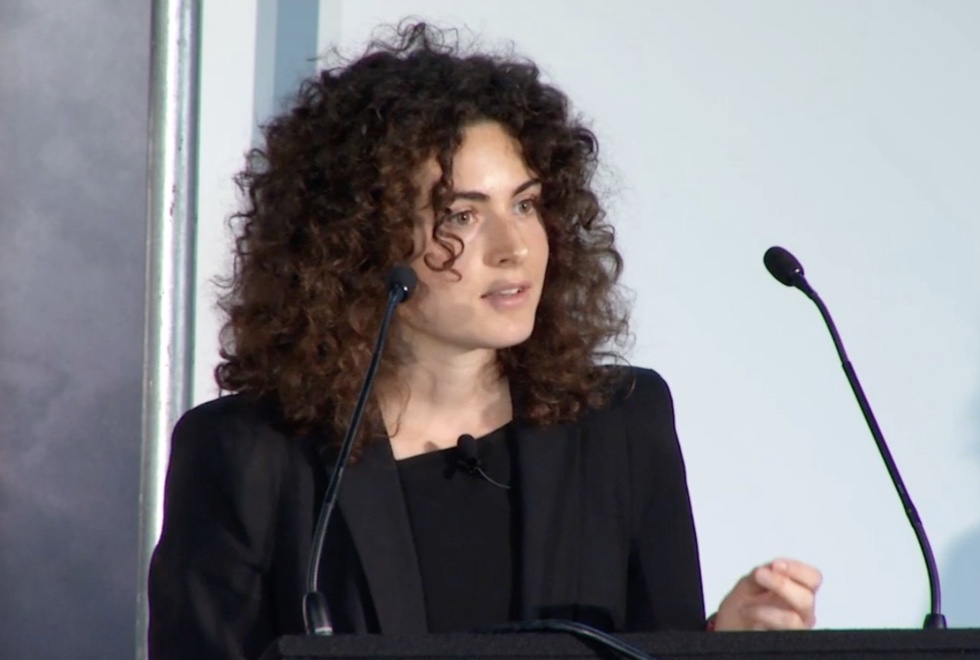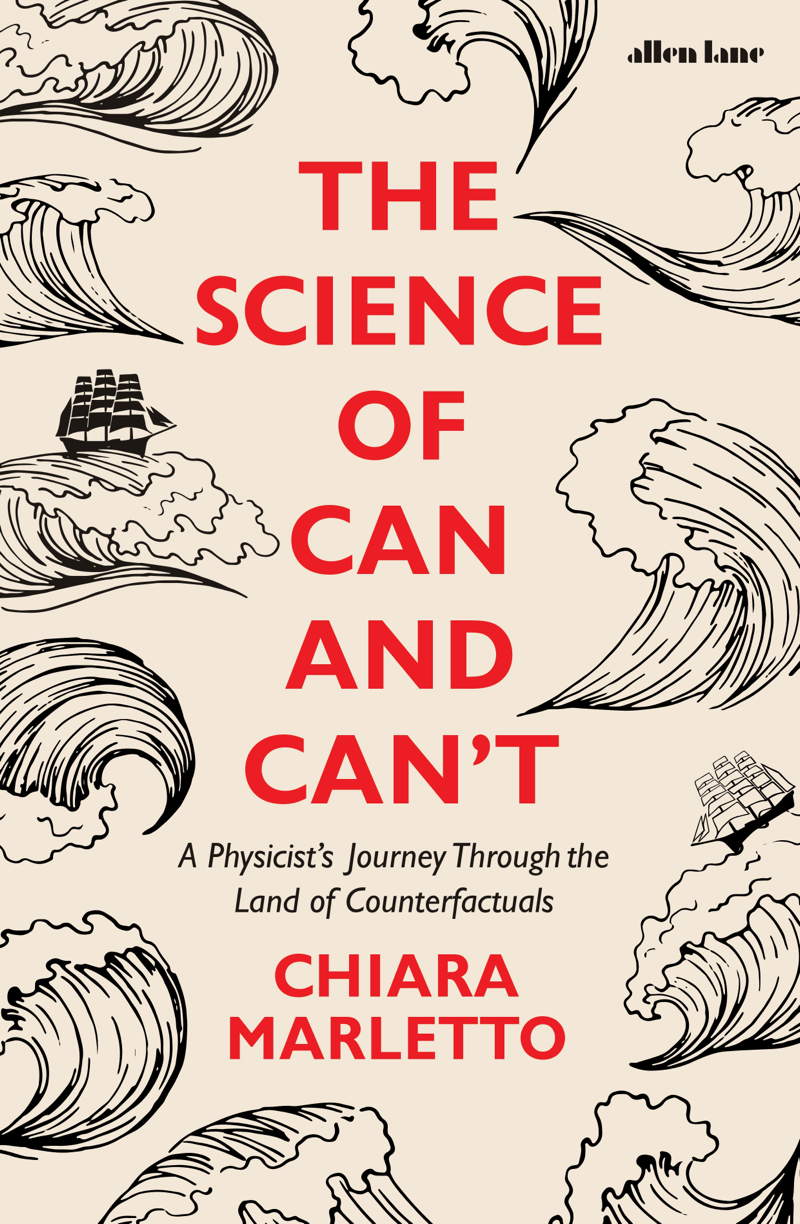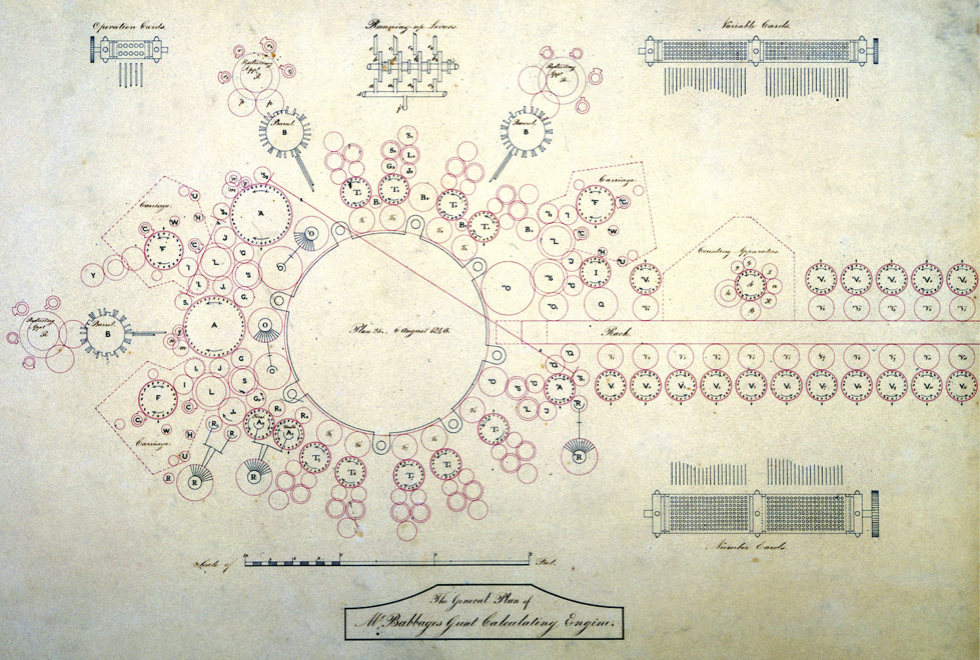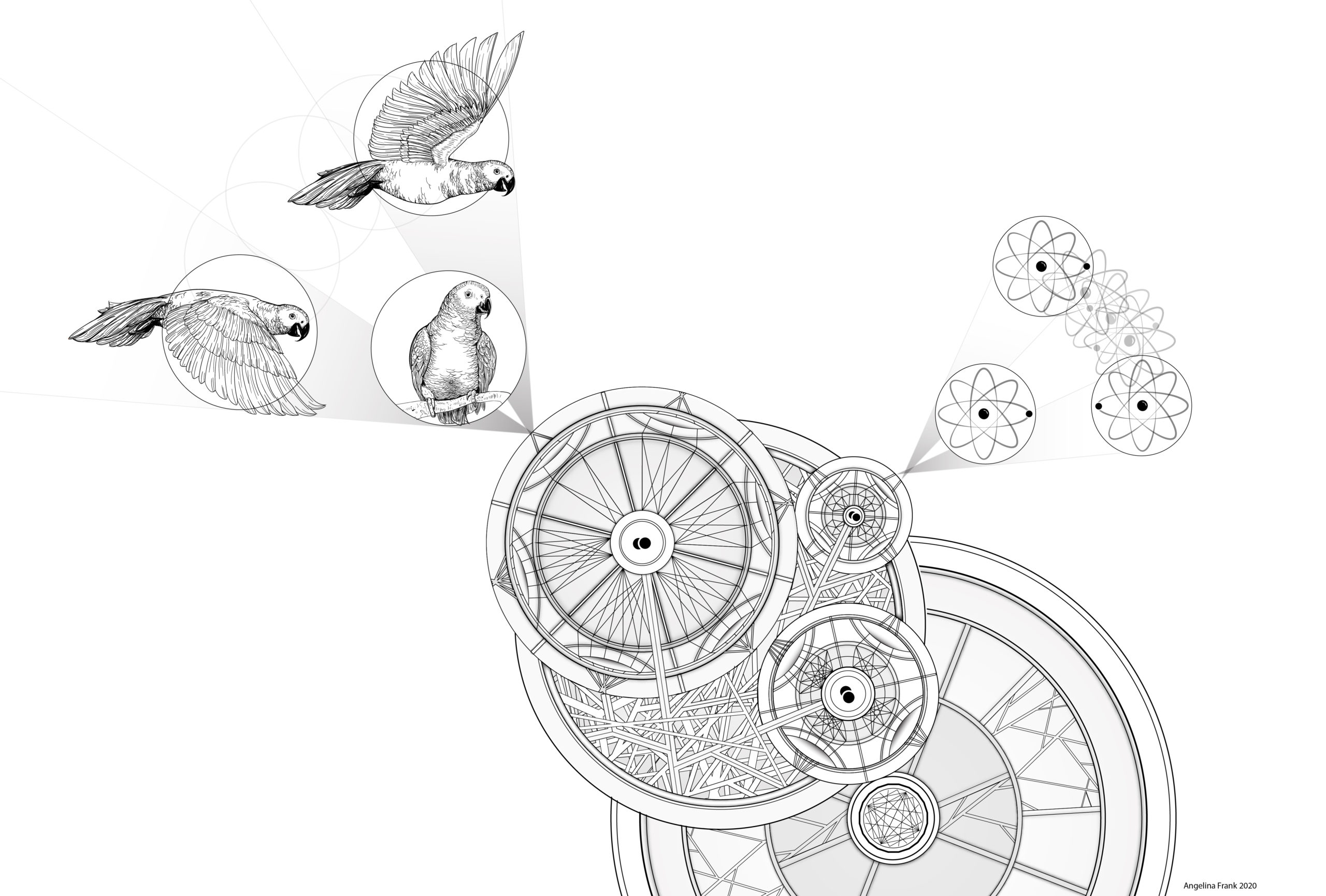About
Chiara Marletto is a Research Fellow at Wolfson College, University of Oxford.

Biography
Chiara's research interests are at the foundations of physics. Her research has focused on issues in Quantum Information Theory, Condensed-Matter Physics, Quantum Biology and Thermodynamics.
Some of her recent work has utilised a recently proposed generalisation of the quantum theory of information - constructor theory - to address issues at the foundations of the theory of control and causation in physics.
These include applications to defining general principles encompassing classical, quantum and post-quantum theories of information; and to assessing the compatibility of essential features of living systems, such as the ability to self-reproduce and evolve, with fundamental laws of physics, in particular with quantum theory.
They also include the definition of a new class of witnesses of non-classicality in systems that need not obey quantum theory, such as gravity; and a scale-independent definition of irreversibility, work and heat, based on constructor-theoretic ideas.

NOW AVAILABLE IN PAPERBACK
THE SCIENCE OF CAN AND CAN’T
A Physicist’s Journey Through the Land of Counterfactuals
A luminous guide to how the radical new science of counterfactuals can reveal the full scope of our universe
There is a vast class of properties, which science has so far neglected, that relate not only to what is true - the actual - but to what could be true: the counterfactual.
This is the science of can and can't.
A pioneer in the field, Chiara Marletto explores the extraordinary promise that this revolutionary approach holds for confronting existing technological challenges, from delivering next-generation processors to designing AI. But by contemplating the possible as well as the actual, Marletto goes deeper still, showing how counterfactuals can break down barriers to knowledge and form a more complete, abundant and rewarding picture of the universe itself.

